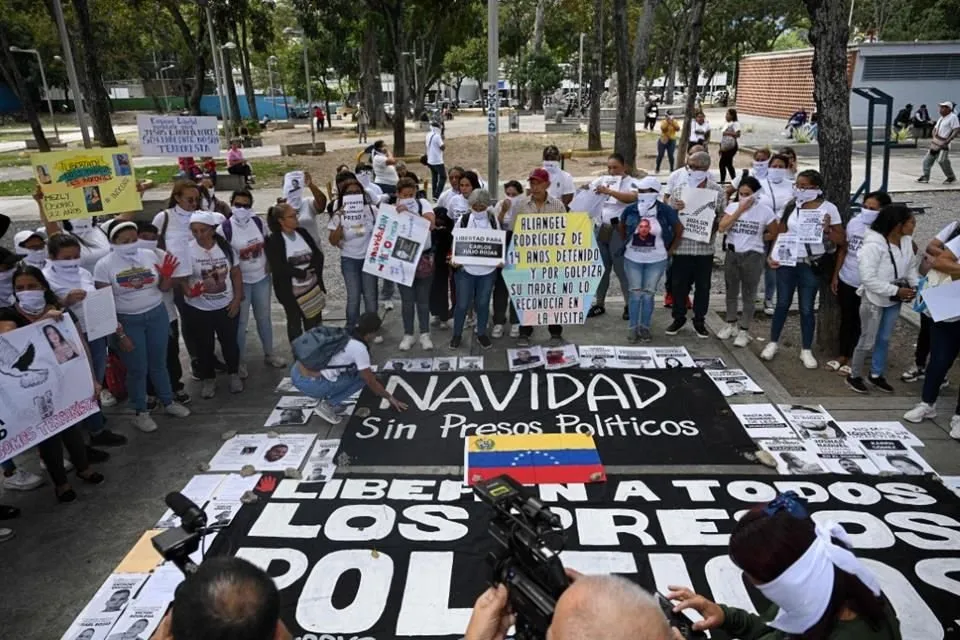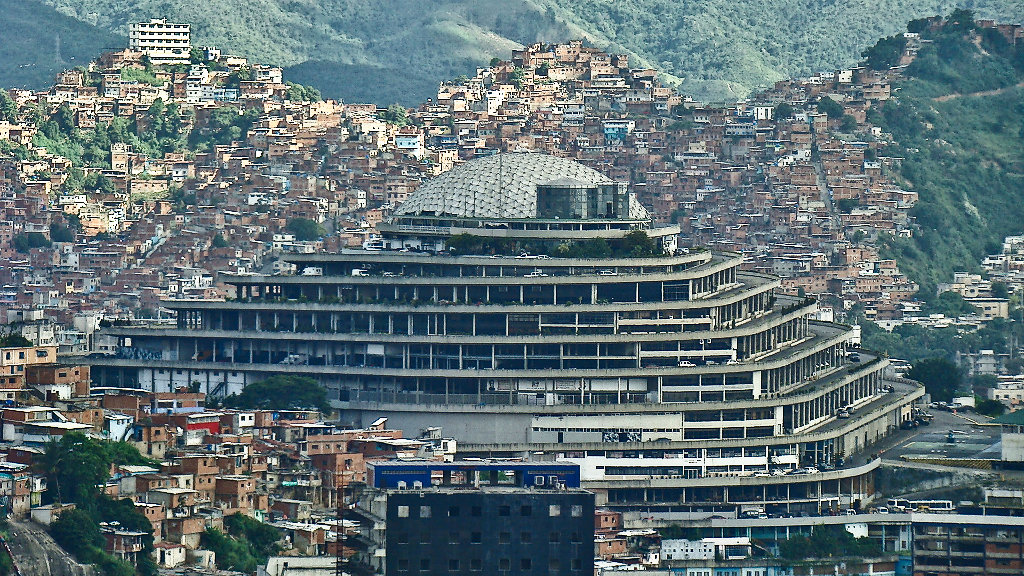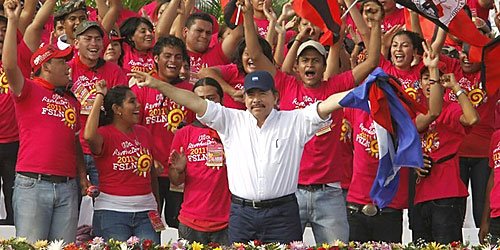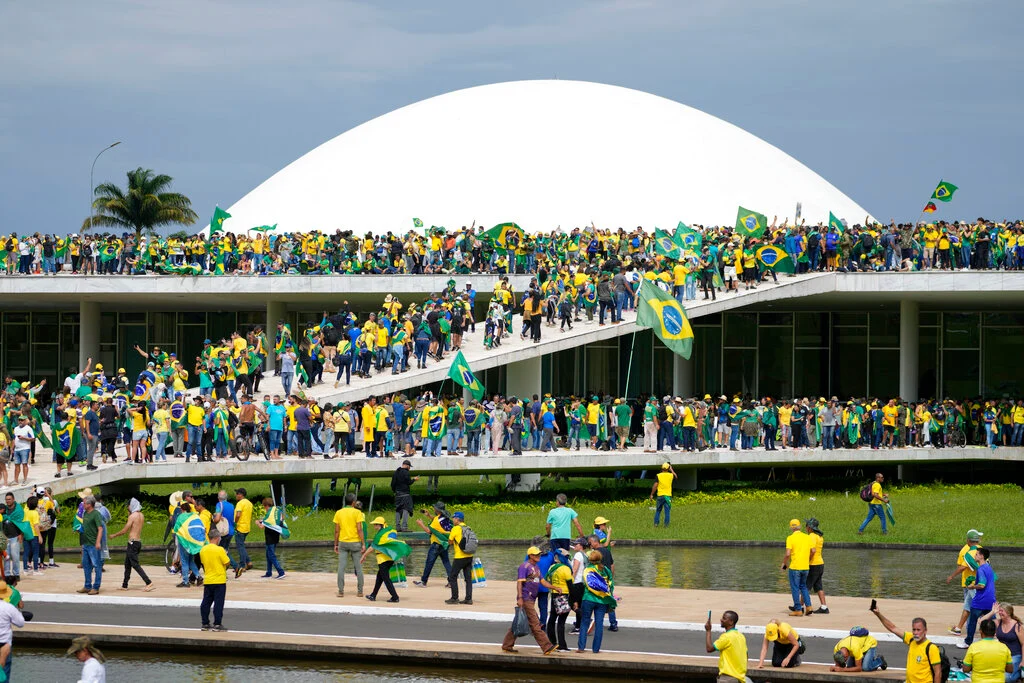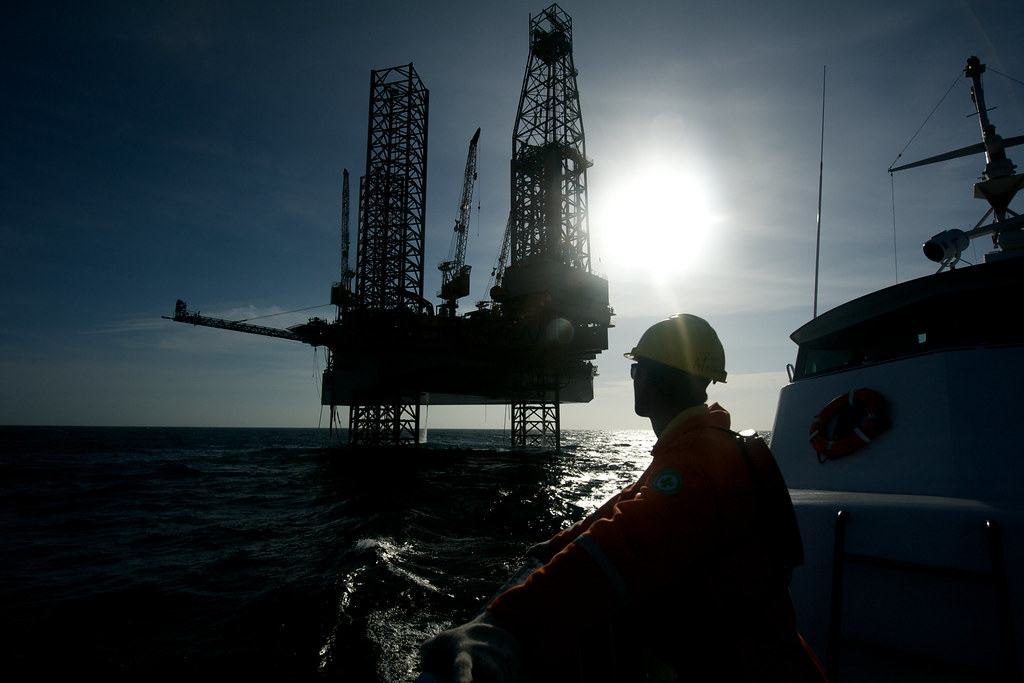The administration of Nicolás Maduro in Venezuela announced earlier this month that it had released over 170 political prisoners that were detained in the days and weeks after Maduro’s disputed re-election on July 28.
However, while some prisoners are being released, others are dying in jail and the regime continues to detain political activists, causing what some activists call a “revolving door” of political prisoners in the country.
On December 16, Attorney General Tarek William Saab announced that between December 10 and 13, the Venezuelan government released 179 people who were detained in protests that took place after the election.
A statement by Interior Minister Diosdado Cabello, said that the release of the detainees took place after the president requested a “review of the acts of violence and crimes committed” during the election.
Following the election result – which has been widely disputed by international electoral observers as well as Venezuelan opposition members – Maduro’s regime began a systematic crackdown on dissent, leading to around 2,200 detentions, according to government figures.
Of the 179 prisoners the government said it has released, Foro Penal, an organization that defends and advocates for political prisoners in the country, had only confirmed 69 of the prisoners released as of December 16, and the NGO’s director, Alfredo Romero, stated that 42 of those released were minors.
Out of the 2,200 people detained in the post-electoral context, there were 70 minors aged between 14 and 17 years-old, according to El Pais

Image source: Voluntad Popular via Instagram
Among those released last week was political activist Yenny Barrios, a 51-year-old cancer patient who was arrested on September 9 when police showed up to her home without an arrest warrant. Barrios had undergone surgery on August 13 and was awaiting a second round of chemotherapy to treat her Hodgkin’s Lymphoma, a cancer of the lymphatic system.
Journalist Deysi Peña was also released last week. She was arrested for covering the post-electoral protests in Miranda, and was one of 13 journalists detained in a similar manner.
The ‘revolving door effect’: As some get to leave, others arrive
Even while some are released, the Maduro regime continues to target and detain his political opposition.
Activists have referred to this as the “revolving door effect” in which prison releases are continually accompanied by more politically motivated detentions. The term was first coined by Foro Penal’s Romero in his research for the Carr Centre at the Harvard Kennedy School in 2017.
For instance, while the government was releasing some prisoners, on the night of December 10, Jesús Armas, a political leader and human rights activist, was taken by security forces from a café in Caracas. For an entire week, his family didn’t know his whereabouts even after contacting the security forces. This led many activists and NGOs to characterize Armas’ situation as a forced disappearance.
On Tuesday, reports revealed that Armas was detained at Zona 7, the National Bolivarian Police’s (PNB) headquarters in the center of the capital Caracas.
Similarly, on December 15, the opposition party Vente Venezuela reported that Luis Palocz had been taken by a group of masked subjects. Palocz aspired to run for Mayor of the Chacao municipality in Caracas. His whereabouts are still unknown.
At least seven other political activists and opposition-party leaders have been detained in the last week, according to Efecto Cocuyo.
More deaths in custody
What’s more, political prisoners are dying in detention. On December 12, Jesús Rafael Álvarez died while in police custody. Álvarez was 44 years old and had been held at Tocuyito prison near Valencia in the state of Carabobo. The news of his death was revealed the day after, with Álvarez’s son finding out through social media
Alvárez is the second political prisoner to die in state custody. The first was Jesús Martínez, who passed away in November.
Read more: Venezuelan political prisoner Jesús Martínez Medina dies in custody
The Venezuelan Observatory of Prisons (OVP), an NGO that defends the rights of prisoners, also confirmed the death of Osgual González on December 16. González’s 19-year-old son, who had been detained along with his father at Tocuyito prison, was released shortly after.
Though the families of both González and Álvarez have requested an investigation into the deaths, no state institution has reportedly looked into the circumstances surrounding their deaths.
Proof of life in custody: Rocio San Miguel
Last week, photos of human rights activist Rocio San Miguel were leaked by Venezuelan authorities for the first time since her imprisonment on February 9, 2024.
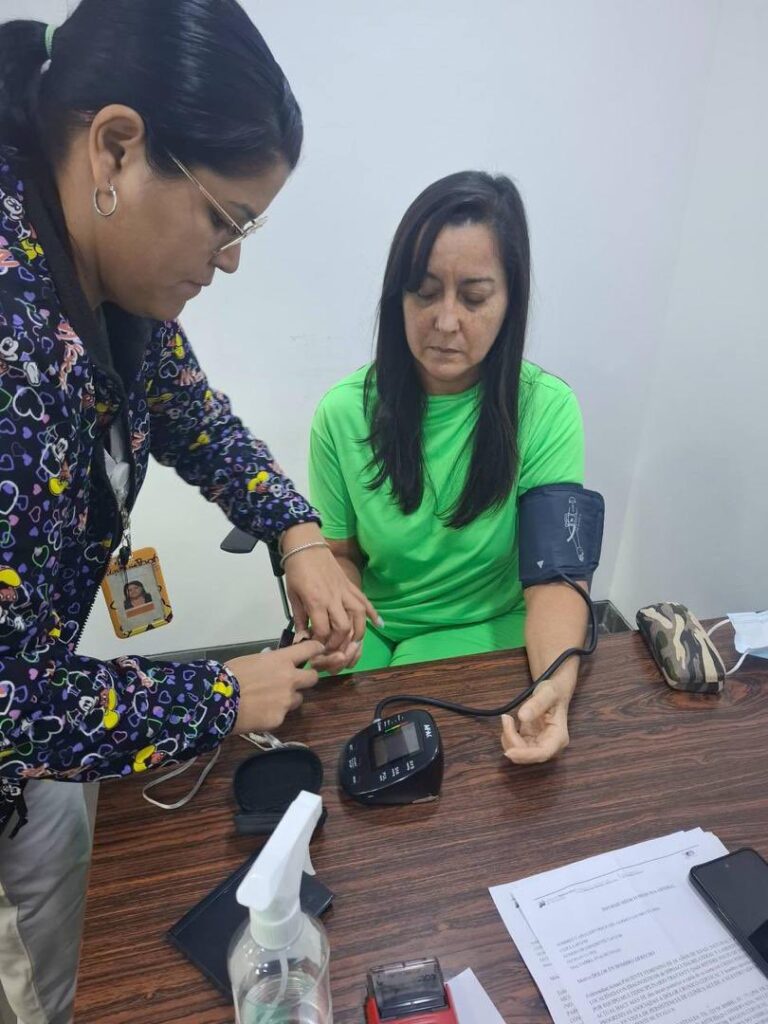
In one of the photos, San Miguel looks visibly emaciated, as she holds a piece of paper indicating the date and time: December 12 at 7:00AM.
The leaked images also show her being treated by medical personnel. Juan González Taguaruco, San Miguel’s lawyer, confirmed that approximately four months ago, she sustained a fall which caused a fracture in her right shoulder.
On X, González Taguaruco stated that he hopes San Miguel “receives an injunction for humanitarian reasons which allows her to be treated by medical personnel she trusts, in order to receive post-operative care and to comply with the rehabilitation process.”
San Miguel was reportedly only provided painkillers. Given the lack of adequate treatment, the fracture now requires surgery.
San Miguel is imprisoned at El Helicoide, the headquarters of Venezuela’s intelligence services in Caracas. El Helicoide (The Helix) is a 1950s oil-boom era building which was originally meant to be a shopping mall, but has since gained reputation as one of the country’s worst torture centers.
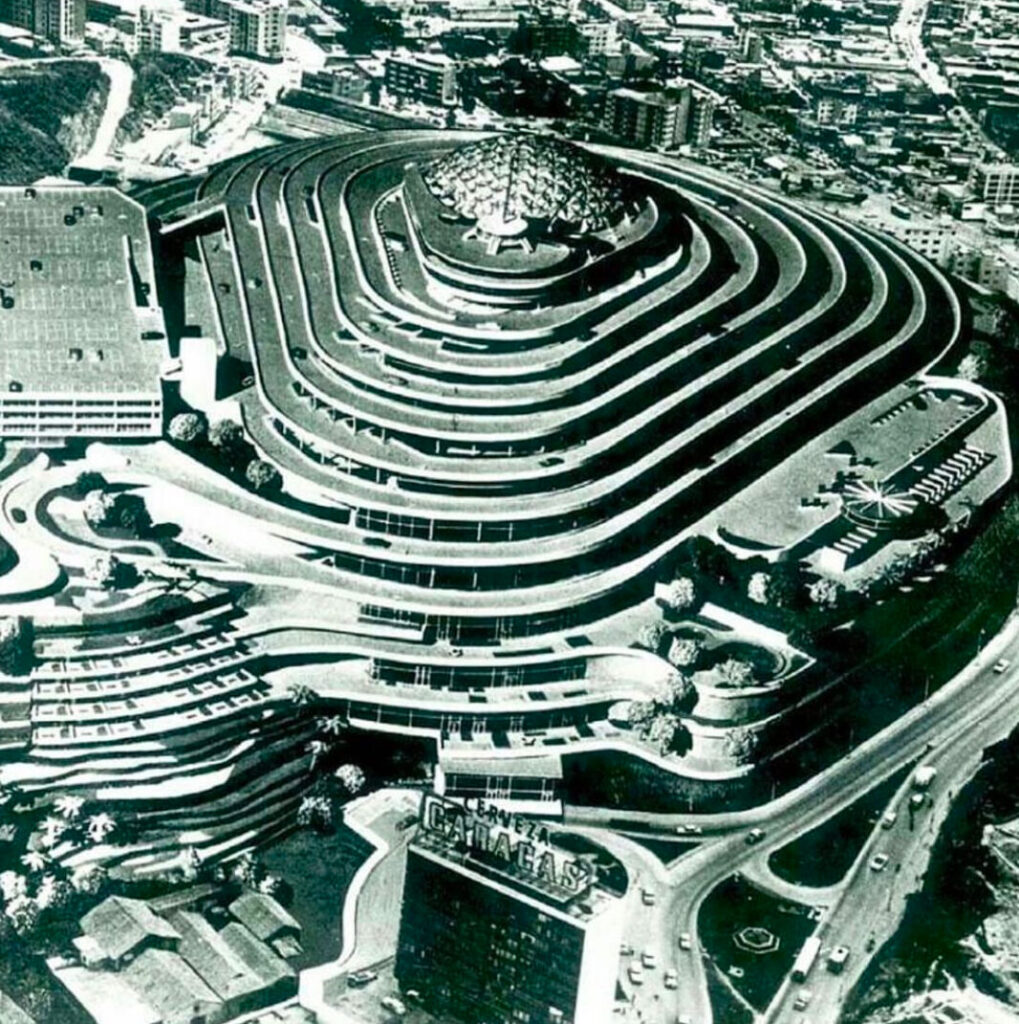
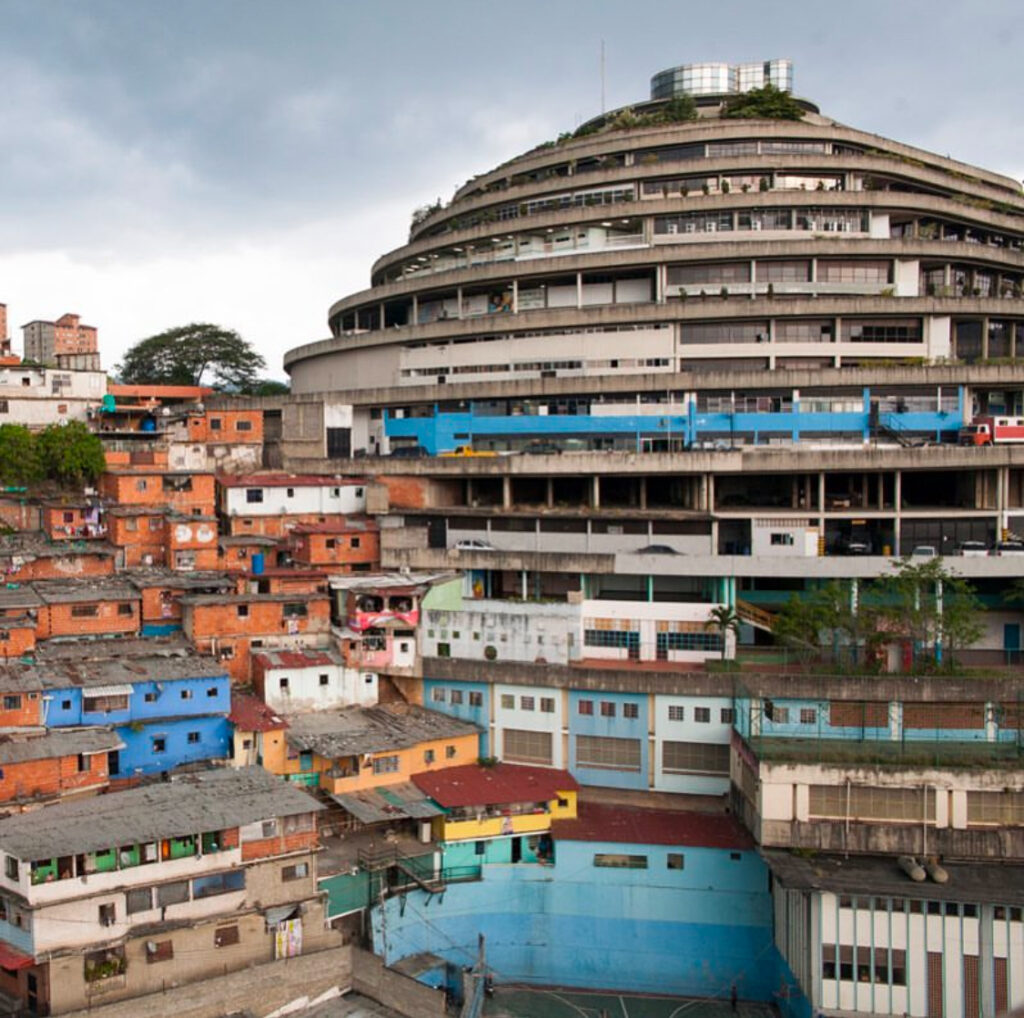
In his speech to the United Nations Human Rights Council, High Commissioner Volker Türk expressed particular concern for San Miguel and urged for her release. Additionally, he stated that the releases this week were “an important step.”
As the start of the new presidential term on January 10, 2025 nears, Venezuela’s revolving door of political prisoners continues to cause great concern.


